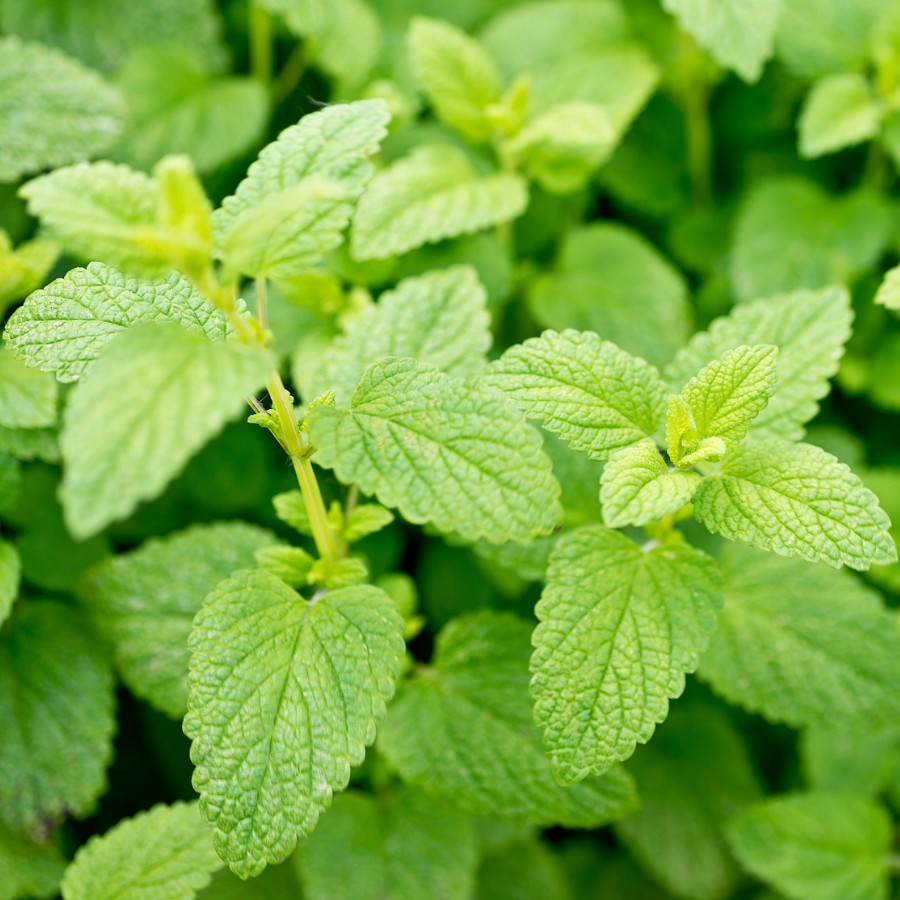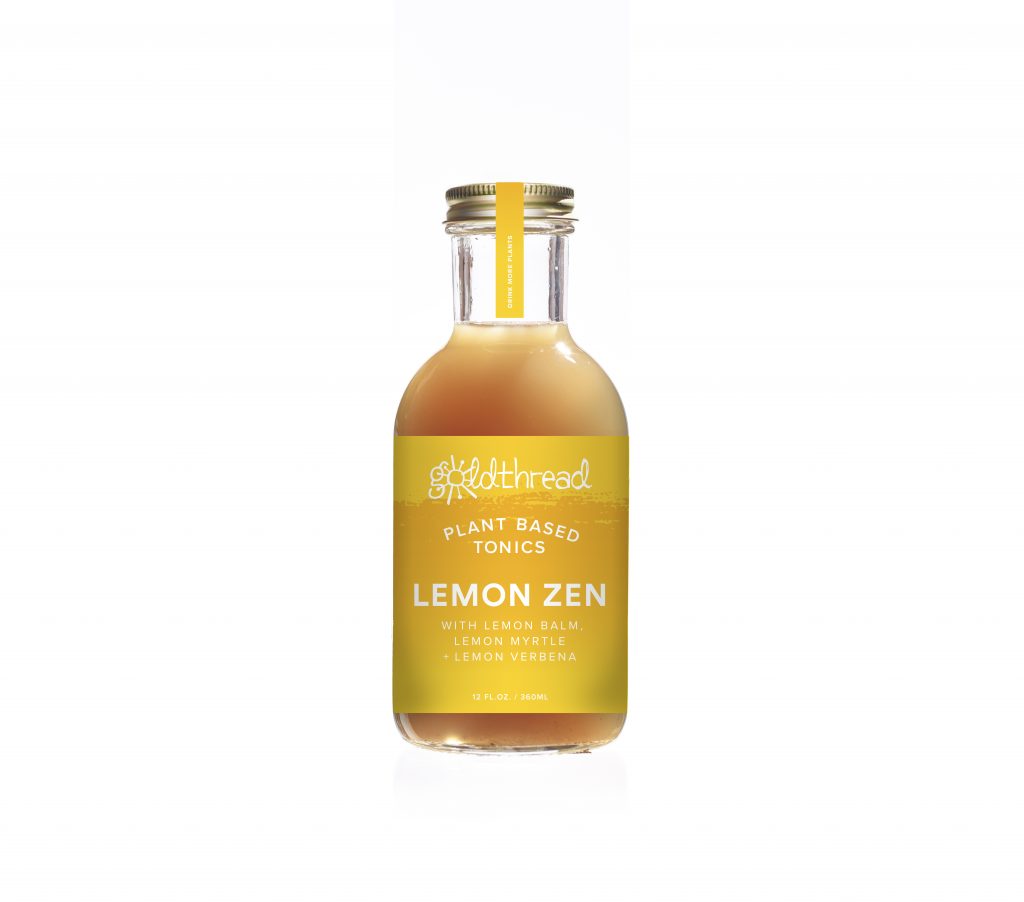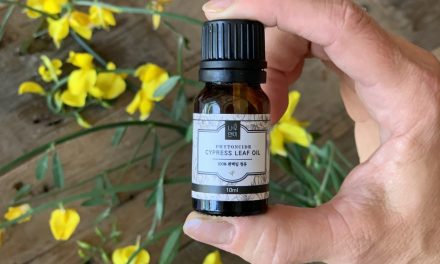Herban Love with Goldthread Herbs | Lemon Balm


Lemon Balm (Melissa officinalis);
Family: Labiatae
Taste: Sour, bitter, slightly astringent
Temperature: Cooling
Moisture: Drying
Herbal actions: Calmative, Diaphoretic, Anti-spasmodic, Nervine restorative.
Lemon Balm, also known as Melissa officinalis, is a unique member of the mint family native to Southern Europe and Western Asia. The name Melissa derives from the ancient Greek word for the honeybee, who do indeed take quite a liking to this plant. To the ancients, Melissa was considered a cure-all and comprehensive tonic to the system. It is easy to agree with them when drinking a hot cup of Lemon Balm tea with honey. Its amazing scent could be characterized as uplifting, refreshing, and relaxing all in one. Lemon Balm’s ability to both relax and revitalize the system and thoroughly please the senses, has made it highly revered throughout the ages.
From a functional standpoint, Lemon Balm has much in common with other mints in terms of its overall relaxing effect on digestion. It has sedative, anti-spasmodic properties that relax gut tissue and increase overall functionality. It is excellent for indigestion characterized by tension leading to stagnation and heat build up in the upper digestive organs. Although all mints have some affinity for digestive tissue, they each have their strengths and specific applications. Melissa’s anti-spasmodic action is of use in most tense, painful conditions such as menstrual cramps and/or bladder pain. Another quality common to mints is the ability to stimulate diaphoresis for venting fever or toxicity, secondary to external pathogens. Due to Melissa’s cooling energy, it works especially well when there is fever combined with restlessness and irritability.
The 17th-century herbalist Culpeper said of Lemon Balm that, “this herb should be kept in every gentlewoman’s house…it causeth the mind and heart to become merry and driveth away troublesome cares”. This quote aptly sums up Melissa leaf’s effects on mood and the nervous system. It clearly has relaxing effects upon restless and tense nervous conditions with heat present. This can present as anxiety issues leading to tension, with disrupted digestion and /or tightness in the chest leading to palpitations, tachycardia, insomnia, and heat in the head. This could be the beginning of a hypertensive pattern in Western thinking, or classic Vata pushing Pitta according to Ayurveda. The fact is though, it is equally effective for depressive conditions characterized by exhaustion, moodiness, and apathy, with poor memory and muddled thinking. In this case, it has an energizing and uplifting aspect. Empirical thinking and recent research point out that Melissa is particularly useful when stress affects neuro-cardiac and/or thyroid functioning. It would be indicated when these systems, in particular, are being negatively impacted by tension secondary to nervous hyperactivity as in sub-acute hyper-active thyroid. It has great versatility and an overall restorative effect upon the nervous system.
The last major usage of Lemon Balm that should be mentioned is its usefulness in treating viral conditions. It has been studied and used with promise for herpetic lesions, both oral and genital. It has been shown to speed the rate at which the sores heal when applied topically. The exact mechanism of action is not known from the scientific perspective, yet through the lens of energetics, it makes sense that this cooling, somewhat bitter, mint has the ability to clear toxic heat issues like herpes. I myself have used the essential oil with great success topically for viral warts as well. If one was to take Lemon Balm internally for the purpose of clearing heat systemically in these types of conditions it is best to simmer for a while to bring out the bitter principles.
Ways to incorporate Lemon Balm into your diet:
Parts used:
Leaves and flowers
Preparation & dosage:
- Infusion of the leaves and flowers 8-28 grams per 8-32 ounces of H2O
- Tincture 2-5 ml per dose
- Essential oil topically in a carrier oil
Suggested Herbal Combinations:
- w/ Valerian root for insomnia
- w/ Chamomile for tense digestive issues
- w/ Bugleweed for thyroid excess
- w/ Hawthorn berry for neuro-cardiac excess i.e. palpitations, rapid heartbeat

Introduce Lemon Balm into your diet with Goldthread Herbs and their Lemon Zen tonic.
Botany: Lemon Balm is a hardy perennial that can grow up to 2-3 feet high with the right conditions. It has small, toothed, heart-shaped leaves with a strong lemony scent. It has tiny white flowers that grow at the junction of leaf and stem.
Propagation: Lemon Balm grows easily from seeds in the greenhouse. It has a high germination rate, usually within 3 to 4 weeks if given plenty of light and proper moisture. It is also possible to propagate from cuttings or root divisions but not especially practical.
Planting & cultivation: Lemon Balm needs mostly sun but can take partial shade. It requires a good amount of moisture to thrive but is potentially susceptible to mildew if conditions are too wet.
Harvesting & processing: Lemon Balm can be harvested when in flower or close to it. It is especially good to harvest during the heat of mid-day when the oils are at their peak. One can easily get several cuttings per season. Lemon balm dries well in a week or so and is not exceptionally difficult to garble.
Cautions & contra-indications:
Melissa is generally considered an extremely safe and versatile herb. As always, caution is advised in pregnancy.








